Why Do You Write?
On January 12 Miep Gies, guardian of Anne Frank and her amazing diary, passed away at the age of 100 (http://news.yahoo.com/s/ap/20100112/ap_on_re_eu/eu_netherlands_obit_miep_gies).
Anne Frank went into hiding with her family and four other Jews shortly after her 13th birthday. Miep and others hid them for two years until they were discovered by Nazis in August 1944 and sent to concentration camps. Anne died of typhus at age 15, just two weeks before her camp was liberated, BUT she left a legacy for the world in her writing.
In our place of safety, in this time of ubiquitous blogs, let’s pause for a moment to consider the significance of the writings of one teenager.
Anne Frank’s story was distinctive because it was told from the perspective of an innocent Jewish girl who found herself at the epicenter of a very fallen world. The drama of goodness and evil played out around her. The conflict was real, and the stakes were high. Few others could have told the story as she told it. It is Anne’s point of view, her assumptions about the world and what’s important, that make the story undeniably Jewish. We sympathize and understand in a powerful way even though the message is unstated.
Wouldn’t the same be true for Christian writers? We’ve been studying lately about the difference point of view makes in the telling of a story. What difference does a distinctly godly point of view make in the telling of a story? Does a writer necessarily have to write about God or include a gospel message in every book to be considered a Christian writer?
- What values and understandings do we hold as believers that affect our assumptions about the world?
- What about your faith makes your story different?
- How can you show your faith even without telling it?
Readers pick up a book expecting a good story. They don’t mind thinking, but they’d like to think their own thoughts. If we seem to be telling them what they “ought” to think, they are apt to feel a little insulted. That’s NOT to say that Christian writers should be afraid or ashamed of the Truth, but we must tell it in such a way that it can be heard. It’s counterproductive to shout directly into someone’s ear when a whisper would be more audible.
- How would your writing differ if, instead of being a “Christian Writer,” you were simply a writer who was Christian?
- Even if you never intend to have a novel published, how are some ways your writing might be used of God?
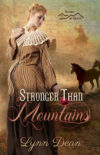
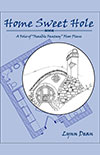


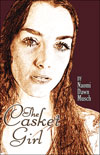
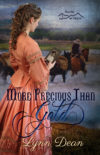
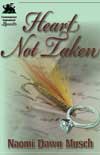









Speak Your Mind
You must be logged in to post a comment.